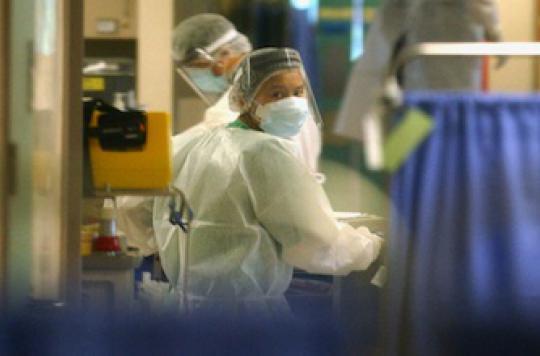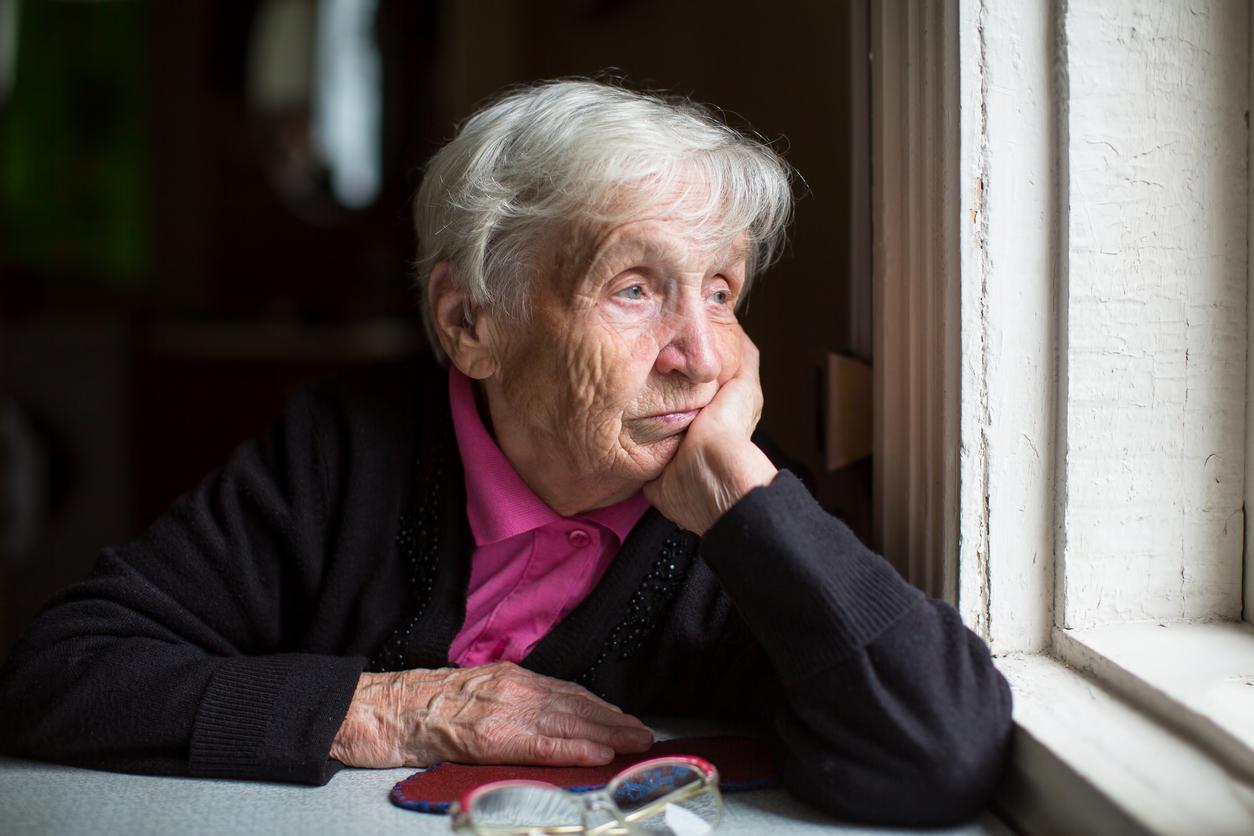The WHO has just confirmed the contamination of healthcare workers in Saudi Arabia. In France, the isolation and surveillance system obeys very strict rules.

Two hospital workers were infected with the novel coronavirus (NCoV) in Saudi Arabia while treating infected patients, the World Health Organization said on Wednesday (May 15th). The WHO now considers it likely that the virus close to SARS is transmitted from man to man. In addition, this episode seems to indicate the existence of flaws in the quarantine system for patients treated in Saudi Arabia.
In France, the monitoring and care of infected people in hospitals is very precisely codified.
The High Council for Public Health has planned so-called “Air” and “Contact” precautionary measures to be applied as soon as a case of a sick patient is confirmed. The goal is to avoid any contamination to health personnel and hospital visitors.
The first measure is to hospitalize the patient and isolate him in a private room. At the same time, a system is put in place to prevent the spread of the virus in the air. Correct renewal of the atmosphere in the patient’s room (6 to 12 volumes / h without recycling) is therefore planned, with if possible an airlock for the dressing and undressing of health professionals working with the patient.
Also for the patient, he can leave his room (for example to carry out a health examination), but only with the pwearing a surgical mask and provided that he has disinfected his hands well with a hydro-alcoholic solution.
For people likely to be exposed to the virus, that is to say hospital staff or visitors, the use of protective equipment is recommended with the wearing of a mask or an overcoat. for single use, and a plastic apron in case of wetting care. Wearing gloves and protective glasses is also recommended. In addition, for the case of the two infected patients, currently in intensive care at the Lille University Hospital, visits are limited to wives.
Finally, concerning potentially contaminating material, it must be eliminated following the waste from healthcare activities at risk of infection (DASRI).
Regarding the risk of contamination of medical personnel or the population, Professor Daniel Mathieu, head of the intensive care unit of the Lille CHRU, declared on May 13, “we are not more worried than we were previously”.
.















